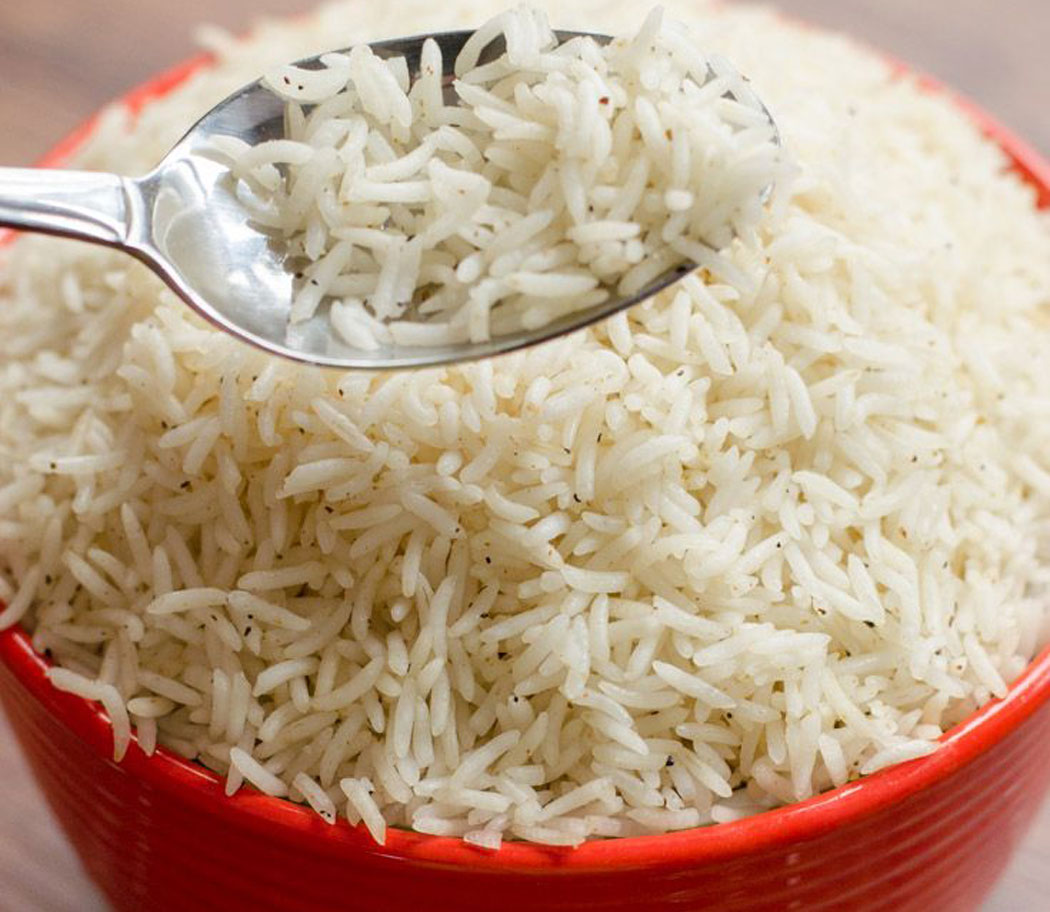Gluten-free foods might feel healthier to you, but a recent study found that there could be toxic substances, arsenic, lingering in rice, a popular staple for people following a gluten-free eating plan.
A study published in the Food Additives and Contaminants journal found that some foods contain arsenic. This is highly worrying, even more so when we take into consideration that pesticides and fertilizers often contain it. Added to this, the soil sometimes naturally has arsenic in it. Rice has the tendency to absorb arsenic (and other metals) when it is grown, and it has an increased ability to do so, unlike polenta or millet, which is why rice-related foods tend to contain higher amounts of arsenic.
The problem with eating gluten-free is that rice is a popular choice for food. It’s so versatile when it’s mixed with a variety of foods. You don’t have to cut rice completely out of your diet, however. Just make sure you follow some important guidelines.
How to Prevent Being Contaminated
- It helps to choose a variety of gluten-free foods to minimize your exposure to possible toxins. So, choose breads, different flours, and other varieties of snacks instead of relying too heavily on rice-based foods. Remember to add more fruits and vegetables to your diet, to prevent you from depending too much on gluten-free foods in general – especially ones that are processed.
- The Consumer Reports study found that other grains, such as quinoa, buckwheat, millet, polenta and amaranth are great alternatives to rice as they contain lower levels of arsenic. It also makes your diet much more exciting to try different grains. However, always check labels so that you’re not buying products that contain many additives or sugar, as these are common in gluten-free products and cause other health concerns.
- When cooking rice, always wash it well in water before and after cooking. This helps to rinse it clean of toxins. How you cook it can also make a difference. Use much more water when boiling rice because it can help to reduce arsenic levels by about 50 or 60 per cent.
- Organic foods that have been grown without the use of chemical fertilizers and pesticides are also a good way to keep you safer.
- Pick types of rice that are known to contain less arsenic. Aromatic rice, such as Thai jasmine or Indian basmati often have the lowest amounts of arsenic.
Image here









